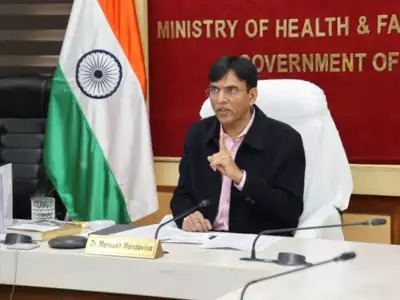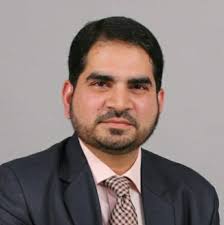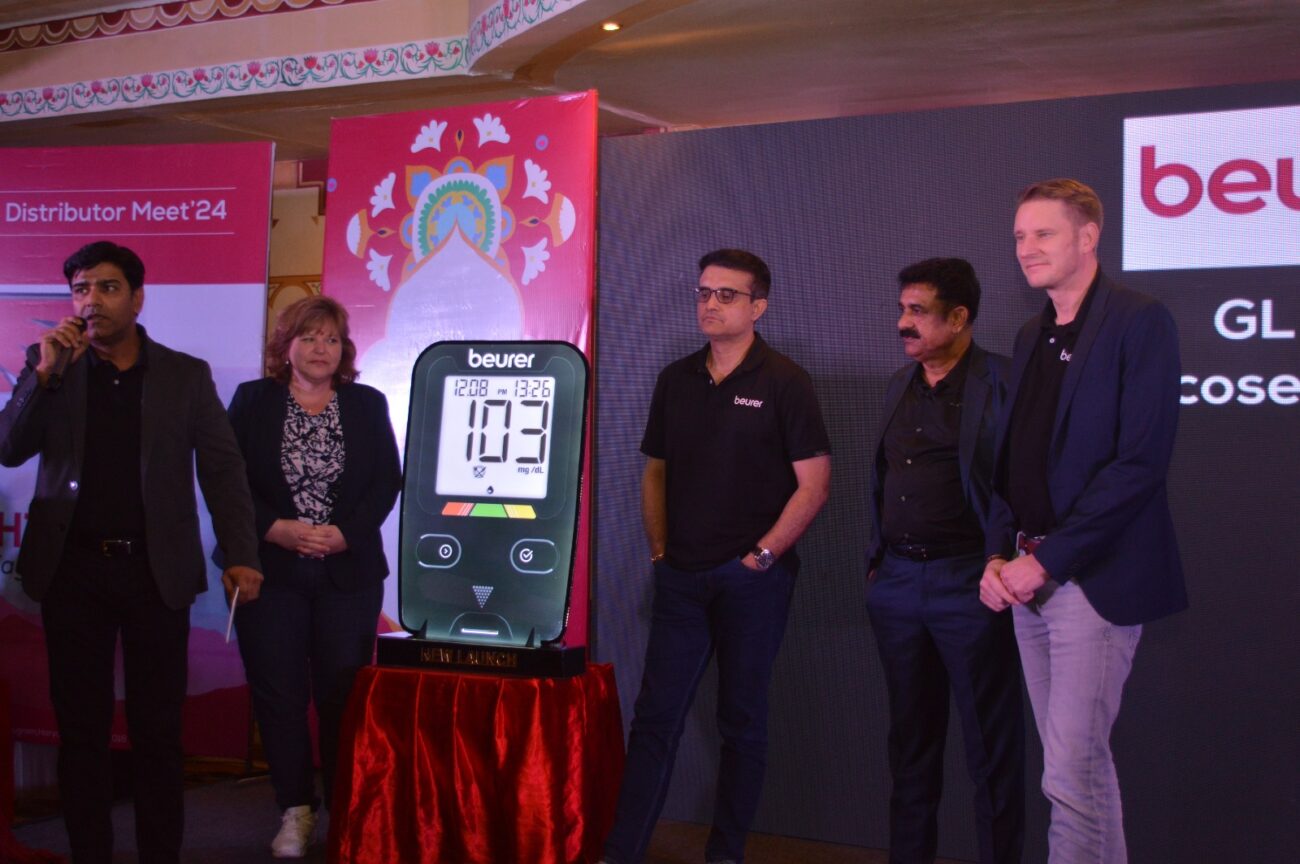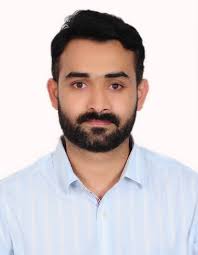Universal Health Care: India races against time; experts call for scaling up both Infrastructure and Delivery System
In a race against time, India strives to achieve Universal Health Coverage (UHC) by 2030, with the clock ticking loudly towards Sustainable Development Goal 3.8. The ambitious Ayushman Bharat Pradhan Mantri Jan Arogya Yojana (AB-PMJAY),

In a race against time, India strives to achieve Universal Health Coverage (UHC) by 2030, with the clock ticking loudly towards Sustainable Development Goal 3.8. The ambitious Ayushman Bharat Pradhan Mantri Jan Arogya Yojana (AB-PMJAY), launched in September 2018, has been a significant leap towards this goal, providing health coverage of ₹5 lakh per family per year for secondary and tertiary care hospitalization to millions of families.
However, experts and healthcare leaders stress the urgency of scaling up both infrastructure and the delivery system to overcome the challenges in the next seven years. Driven by the dual burden of non-communicable and communicable diseases, India must act swiftly to address the rising healthcare demands. As the non-communicable disease burden is predicted to cost $6 trillion by 2030, robust collaboration between public and private healthcare providers becomes imperative.
“India has made significant progress towards achieving Universal Health Coverage. We must now focus on rational regulations and policies that support our ambitious goal. Collaborative efforts are key; this includes active participation from governments, healthcare providers, and financial institutions to build a framework promoting seamless cooperation,” said Ms. Sugandh Ahulwalia, Chief Strategy Officer, Indian Spinal Injuries Centre (ISIC), New Delhi.
“The private sector can play a pivotal role in bridging the gaps in service delivery. Public-private partnerships and promotional policies can ensure quality healthcare services are accessible to all. The Union and State governments need to accelerate their move towards mandatory health insurance is a step in the right direction, offering a safety net for individuals and contributing to effective population health management,” added Ms. Ahluwalia.
The implementation of AB-PMJAY, the world’s largest publicly funded health insurance scheme, has showcased significant progress. Minister of State for Health, SP Singh Baghel, in Reply to Rajya Sabha during the Monsoon Session, claimed substantial out-of-pocket expenditure savings related to hospitalizations for the targeted beneficiaries. With a total of 3.14 crore beneficiaries benefiting in the last two years and a Central share of funds amounting to ₹6,048 crore released for the financial year 2022-23, the scheme has made substantial strides.
“We’ve witnessed remarkable success with AB-PMJAY, benefiting over 3 crore families. The scheme’s expansion to cover 12 crore beneficiary families, and even up to 15.5 crore families in some states, reflects its positive impact. The scheme, coupled with the ambitious goal of achieving UHC, aligns with our commitment to building a healthier India,” Baghel had informed Parliament.
“It is high time to strengthen and scale up both health infrastructure and delivery system with a focus on capacity building and use of technology. Private sector providers have made significant investments in health infrastructure and training and equipping health workers to deliver quality healthcare services. The achievement of UHC is not only critical to improving health outcomes but also has a multiplier effect on poverty eradication, economic growth, and social development,” said, Mr. Abhijit CP – Facility Director NH RN Tagore Hospital, Mukundapur.
“The quest for Universal Health Coverage transcends the boundaries of health, weaving a tapestry that binds together the diverse threads of sustainable development. The integration of technology and innovation into healthcare systems strengthens their resilience and responsiveness. Embracing digital health solutions, telemedicine, and data-driven approaches enhances the efficiency and effectiveness of healthcare delivery, contributing to the overarching goals of UHC. Let’s work collaboratively to ensure no one is left behind,” added Mr. Abhijit.
Notwithstanding triumphs and the government’s claims, a recent Comptroller and Auditor General (CAG) report shed light on challenges within the scheme. Despite being a vital intervention, the PMJAY component of Ayushman Bharat is marred by corruption and inefficiencies.
“Enhancing the infrastructure and ensuring that healthcare providers adhere to the specified criteria will enhance the delivery of services. We also need to aggressively deploy artificial intelligence and machine learning to detect potential frauds in the scheme as addressing issues of discrepancies is essential to building trust in the system,” said Mr. Amit Bhura, Facility Director, Narayana Hospital, Gurugram.
“Healthcare providers face challenges encompassing issues such as malfunctioning equipment, inadequate infrastructure, insufficient in-patient department beds, operational theaters, intensive care units with ventilator support systems, pharmacy services, dialysis units, blood banks, and the availability of around-the-clock ambulance services, among other essential requirements. Addressing these gaps is crucial for ensuring the delivery of comprehensive and effective healthcare services,” added Mr. Bhura.
As India races against time to achieve UHC. Collaborative efforts, informed policies, and innovative solutions will be crucial in navigating the complexities of India’s healthcare landscape. With concerted efforts, India can build a healthier, more productive, and prosperous society for all.






